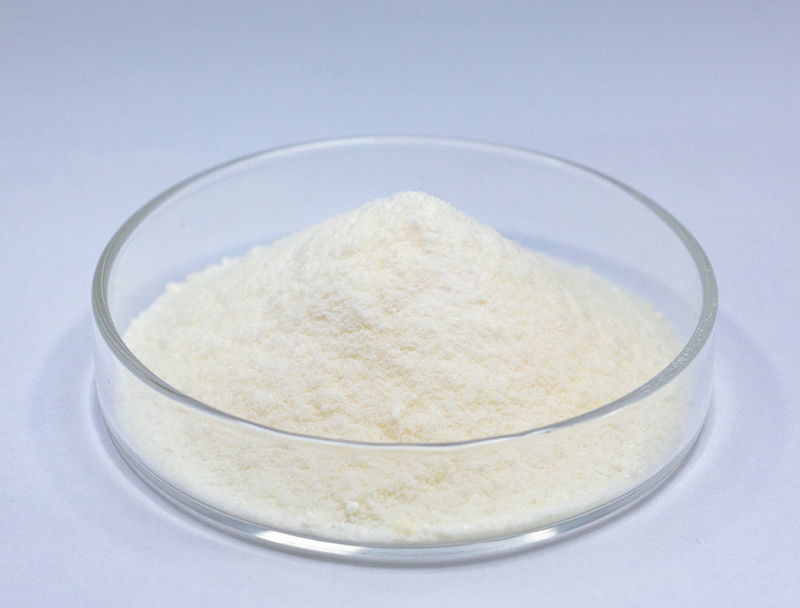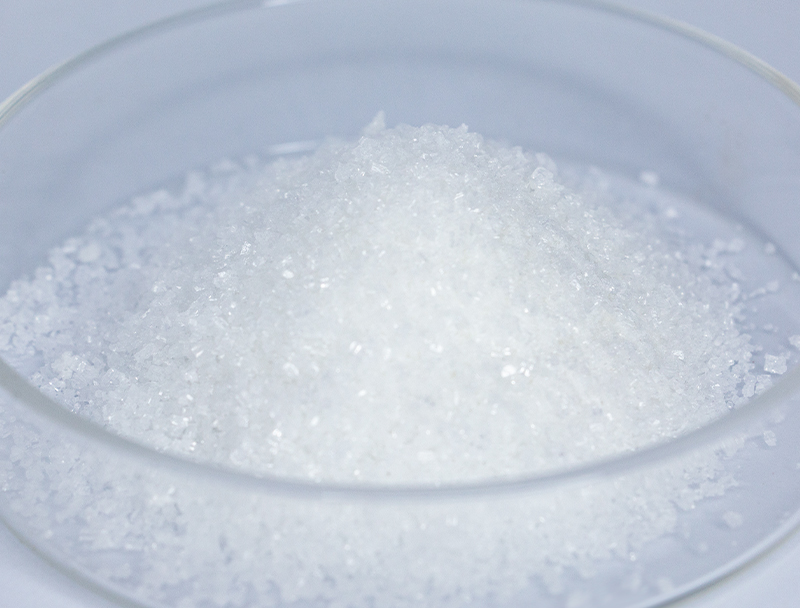
Biomanufacturing relies heavily on a vast array of primary inputs to supply inventive bioproducts.
Assuring the sustainable sourcing of these resources forms the foundation of durable, responsible industrial growth.
many concerns related to standard raw input procurement like ecosystem disruption and unsustainable harvesting. Therefore, producers should prioritize ethical sourcing models to curtail ecological damage.
- Cases of responsible feedstock strategies feature:
- Leveraging biomass from food-processing residues
- Implementing closed-loop systems to minimize waste and maximize resource efficiency
- Teaming up with provincial partners who practice sustainable procurement
Such a move to ethical procurement delivers ecological gains and commercial returns over time.
Refining Biomass Sources to Enhance Fuel Conversion
Enhancing biofuel output is grounded in superior feedstock characteristics. Investigators regularly test new routes to upgrade biomass inputs, facilitating elevated yields and a renewable energy transition. Methods encompass cellular engineering to augment biomass output and refining processes to liberate fermentable carbohydrates.
- Concurrently, efforts examine seaweed, industrial byproducts, and crop residues to increase the variety of renewable feedstock alternatives for fuel production.
- By means of ongoing innovation the biofuel sector can achieve substantial advances soon, shaping a cleaner energy future.

Optimizing Early-Stage Biomanufacturing Processes
covers the early phases of biopharma production including culturing and biological harvesting Contemporary breakthroughs have refined protocols and elevated product throughput.
Pivotal enhancements embrace high-performance cell lines, balanced media compositions, and intelligent reactor control systems. The improvements increase output while decreasing cost structures and sustainability impacts.
- Also, evolving practices favor continuous flow processing which supports more agile upstream control.
- Transitioning to refined production methods has the potential to overhaul the industry and expedite new treatments.

Precision Genomic Tools Enhancing Biopharmaceutical Yields
developments in targeted genetic engineering methodologies have modernized drug manufacturing. By implementing targeted gene changes, investigators boost production titers of important biologics. This capability can unlock development of cost-efficient, high-performance biologics for many conditions.
Leveraging Microbes to Tackle Environmental Pollution
innovative solutions for sustainable bioremediation, a critical process for addressing environmental pollution. Selected microbial cultures can remediate contaminants through biodegradation pathways.. Tapping into these capabilities enables green remediation tactics to restore ecosystems affected by industrial contamination.. Scientists are actively exploring a wide range of microbial species with diverse metabolic capabilities to target various pollutants, including heavy metals, pesticides, oil spills.. The microbes may be applied within engineered reactors or in situ to catalyze pollutant degradation via biotransformation..
Biotechnology-driven remediation delivers notable upsides compared to conventional cleanup tactics. These methods are economical and eco-conscious while reducing hazardous secondary waste. In addition, microbial approaches enable pollutant-specific treatment without broad ecological disruption. Research progresses swiftly to enhance microbial remediation efficiency and practical effectiveness.
Bioinformatics' Impact on Drug Design
Bioinformatic tools play an increasingly crucial role in the modern landscape of drug discovery and development. From identifying potential drug candidates to optimizing their efficacy and safety, bioinformatics enables a more efficient and data-driven approach.
- Through mining large genomic, proteomic, and clinical repositories, informaticians reveal new targets and forecast drug behaviors.
- Furthermore, computational modeling of drug–target interactions aids rational design of higher-performing therapeutics.
- In conclusion, computational biology reshapes discovery pipelines and speeds delivery of reliable treatments for patients.
Metabolic Engineering Strategies for Enhanced Bioproduct Synthesis
implements many strategies to improve microbial output of desired Calcium 2-oxoglutarate bioproducts. Tactics can encompass genetic engineering to reconfigure metabolism, promoter modulation to adjust expression, and pathway insertion to enable new reactions.. Through strategic metabolic edits practitioners can markedly increase the synthesis of target products.
Such holistic engineering could impact many areas including medical therapeutics, agricultural outputs, and biofuel production.

From Lab to Plant: Challenges and Opportunities in Biomanufacturing Scale-Up
Commercializing biopharma production involves significant constraints and promising benefits. Retaining quality standards during scale enlargement is a core difficulty. Addressing it demands strong process governance, accurate real-time analytics, and advanced measurement systems.

Also challenging is the layered complexity of biomanufacturing encompassing numerous sequential steps.. Transforming bench processes into industrial practice requires sustained research and engineering innovation. However, the potential rewards are substantial. Achieved scale can widen availability of treatments, lower manufacturing costs, and boost financial returns.
A range of strategies is being implemented to address scaling problems. These include the development of new technologies for process optimization, advanced analytics for real-time monitoring and control, and innovative manufacturing strategies.
- Ongoing innovation drives improvements in industrial production capability.
- Authorities are revising processes to enable faster clearance of manufacturing innovations and encourage progress.
Understanding Regulatory Oversight to Ensure Biopharmaceutical Quality
The development of biopharmaceuticals is a complex process that requires stringent regulatory oversight to ensure both patient safety and product efficacy. Biologically based treatments require tailored oversight and production controls beyond those for typical medicines.
Bodies like FDA and EMA shape the regulatory landscape and set benchmarks for evaluating innovative therapies..
Strict validation and testing steps are required across the product lifecycle from lab studies to post-market oversight.. The processes aim to expose risks and ensure that treatments meet exacting safety benchmarks.
Furthermore, regulatory bodies are constantly evolving their approaches to keep pace with the rapid advancements in biopharmaceutical research.. Actions include accepting new technologies and streamlining development channels while safeguarding patient health.

Plant-Origin Feedstocks in the Production of Bioplastics
A stronger push for environmentally responsible materials is driving research into renewable options. Plant-based bioplastics made from biomass feedstocks present a hopeful path to reduced plastic impact. Materials such as starch from corn, cellulose pulp, and sugarcane biomass are convertible into biodegradable polymers that lower plastic waste concerns.
Additionally, many plant-based bioplastics show performance characteristics similar to conventional plastics for numerous uses.. Continuous development will unlock plant biomass value for sustainable bioplastic production and support circular systems.
Biotech Contributions to Global Health and Crop Productivity
Advanced biotech approaches can reshape healthcare delivery and enhance agricultural resilience. Applying targeted genetic edits, synthetic biology frameworks, and cellular therapeutics, practitioners produce measures to address infectious disease, boost harvests, and upgrade nutritional content.. One example is bioengineered crops that withstand pests and stressors, enabling higher yields with less pesticide input.. Moreover, biotechnology plays a crucial role in developing vaccines, antibiotics, and diagnostic tools that are essential for combating infectious diseases and improving global health outcomes.. As the field evolves, biotechnology is expected to play a pivotal role in shaping a healthier and environmentally sustainable future for all.
 β-Nicotinamide Mononucleotide
β-Nicotinamide Mononucleotide